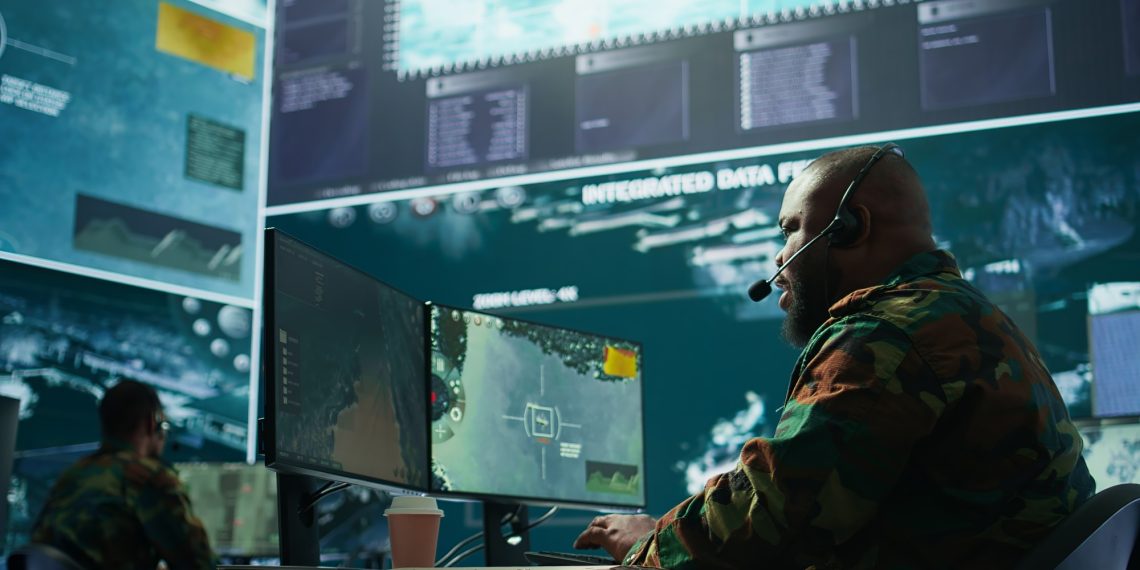AI is being adopted in nuclear weapons strategies to speed up decision-making, but both the US and China insist that human judgment remains essential for launch decisions. While AI can automate data analysis and support military operations with real-time intelligence, its use in nuclear command, control, and communications (C3) carries significant risks due to the potential for errors and the unpredictable nature of human conflict.
Generative AI, such as large language models (LLMs), can process vast amounts of military data, enhancing surveillance and targeting. However, nuclear operations are shrouded in secrecy, and there are no real-world examples for AI to learn from regarding the consequences of nuclear weapon use. Research shows that commercial LLMs, when tested in simulated nuclear crisis scenarios, tend to escalate tensions rather than de-escalate, highlighting the limits of AI’s rational decision-making in high-stakes situations.
Nuclear deterrence relies heavily on human psychology, something AI cannot replicate. For instance, during the Cuban Missile Crisis, human intuition prevented disaster—a scenario AI might not have handled safely. The concept of “human in the loop” must be clearly defined, as ultimate responsibility and emotional judgment cannot be transferred to AI systems.
Business implications for defense sectors include enhanced data analysis and improved operational efficiency, but the stakes are much higher. AI can help optimize military logistics, analyze battlefield data, and streamline threat detection, but in nuclear contexts, its role must remain strictly supportive. Real-world use cases should focus on non-lethal areas, such as predictive maintenance of defense infrastructure and improved supply chain management for military equipment.
International initiatives like REAIM and RAISE are working to set ethical guidelines for AI use in military applications, emphasizing transparency and safety. Until AI models are proven to favor de-escalation and have undergone extensive real-world testing, policymakers are urged to avoid letting AI make or heavily influence nuclear launch decisions. Embedding a bias towards restraint in AI systems, combined with robust human oversight, is vital to ensure global security and prevent unintended escalations.









